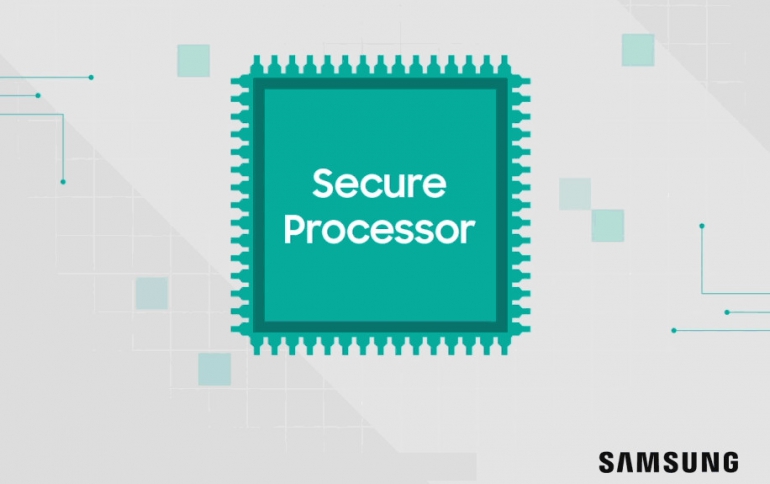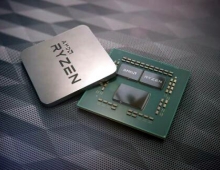
Samsung Says Your Galaxy S20’s Secure Processor Protects it Against Hardware Attacks
Samsung says that your data on a Galaxy S20 smartphone is protected even if a hacker actually has hold of the phone.
From password logins to blockchain keys, many of us regularly store valuable information on our smartphones. While this enables us to enjoy more convenience, it also makes our mobile devices a target for malicious actors.
Galaxy devices come with a wide range of security solutions to protect personal data. Samsung Knox protects, isolates, and secures data from the hardware chip up, while Secure Wi-Fi provides a safe environment for internet browsing on public wireless connections. And in case of loss or theft, the Find My Mobile service enables users to remotely locate the smartphone, as well as backup and protect data stored on the device.
For the Galaxy S20, Samsung has added to the device the secure processor, which is engineered to ensure your data is protected even against advanced hardware attacks.
Just like the way locksmiths can use tools to get past a locked door, malicious actors can manipulate components (physical attacks), provoke hardware errors (fault attacks), or analyze heat and electromagnetic emissions (side-channel attacks) to breach smartphone security. These attacks, also known as hardware attacks, can only happen if the hacker gets hold of the device physically.
Samsung says that Galaxy S20’s secure processor is Samsung’s solution to counter against hardware attacks. The component is a physical chip that provides an isolated space to protect confidential data in the device. In addition to the continuous scrambling and encrypting of confidential data, it employs a physical shield to guard against physical attacks. The component can also detect invalid voltage or temperature changes and is equipped with security algorithms to thwart side-channel attacks.
The secure processor protects a wide range of data on your smartphone, starting from the lock screen. It ensures that your lock screen PIN, pattern, or password are not susceptible to guesses by making it almost impossible for attackers to reset the error counter, which monitors the number of failed unlock attempts.
In addition to lock screen data, the secure processor can also process blockchain private keys, which are similar to banking passwords for crypto-currency wallets. The component even supports Strongbox Keymaster, meaning it provides hardware protection for private keys or sensitive data on third-party apps.
OK, so this kind of dedicated security chip is old news
Owners of Google Pixel smartphones are also "protected" by the Titan M chip, aand Apple has the T2 chip-powered enclave in iPhones. However, Samsung's'solution brings proper storage separation for PINs, passwords, crypto-currency credentials and credit card payment tokens.





















